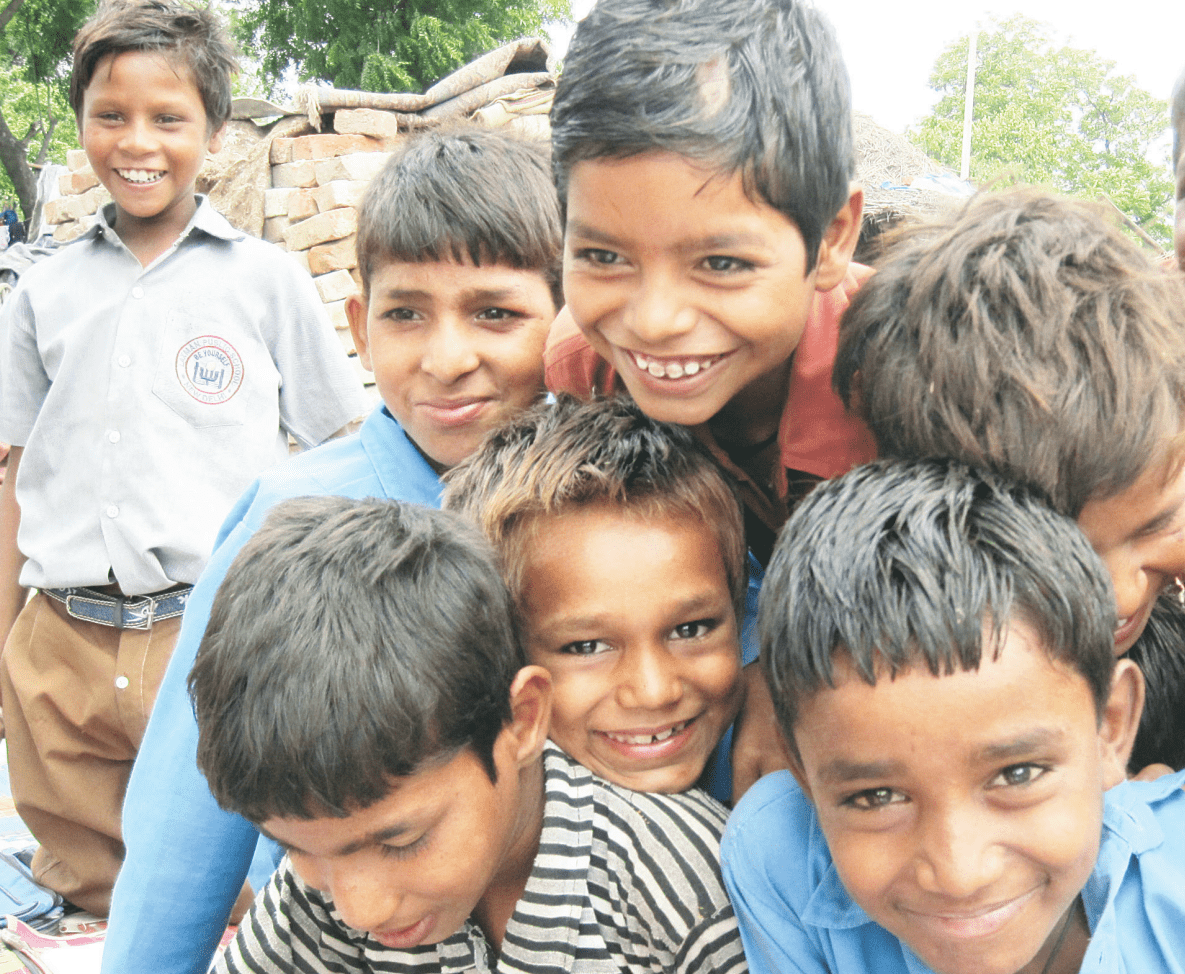Towards a Unifying Global Identity – A Framework on Discrimination Based on Work and Descent Including Caste
The handbook highlights discrimination based on work and descent (DWD), which affects over 260 million people across the globe today. DWD is the term used to address various forms of discrimination, including caste-, work- and birth-based discrimination. While DWD is often presumed to be limited to the South Asian continent, it is a global phenomenon, affecting various communities across the globe.
Affected communities face discrimination based on their birth into certain castes/social groups, and those occupying the lowest position in the social hierarchy who are considered to be ‘unclean'. Communities have segregated living spaces, with severely restricted access to public and private services of housing, water and sanitation, health, education, land and employment.
Typically associated with notions of ‘purity' and ‘pollution', this form of discrimination includes the practice of ‘untouchability', which imposes strong restrictions on the community. As a consequence, there is a huge gap between the general population and DWD communities on human development indicators. It has also produced appalling economic inequalities and poverty of significant magnitude
for affected communities. Women from these communities get further marginalized and excluded.


